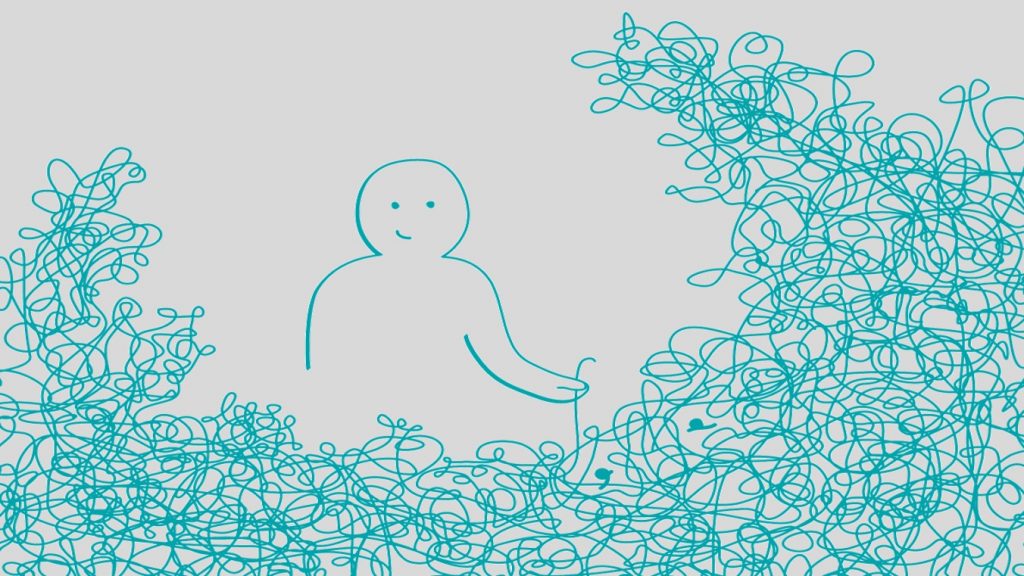PHD candidate
Sharif Khaleghparast
- Eindhoven University of Technology
- s.khaleghparast@tue.nl
- Work package 10: Integral Models
- Innovation and Systems Science



Since the foundation of modern renewable energy technologies, energy systems have gradually faced growing structural and behavioral changes. Among these alterations is the possibility of more flexibly changing geographical and temporal service level spans for administrative divisions like governments and municipalities. However, This flexibility is accompanied by the emergence of new agents at different network levels with simultaneously varied roles. Prosumers (as final energy sources/sinks) and energy storages (as intermediate energy sources/sinks) both with a potential supplier and/or consumer function are well-known instances of these newcomers that have added excess sets of complexities to reality and its respective models. In my research, potentials and barriers of governing such networks with different logical and physical layers is being investigated by novel multi-level agent-based simulation models.

Developing designs systemically with a critical approach needs simultaneous extreme individual concentration and surprisingly close collaborations with all other stakeholders. In this regard, I am communicating with my peer colleagues in WP10 and also other WPs regularly every week. That way, we are able to share our findings with each other interactively and look at the world from a more interdisciplinary perspective.